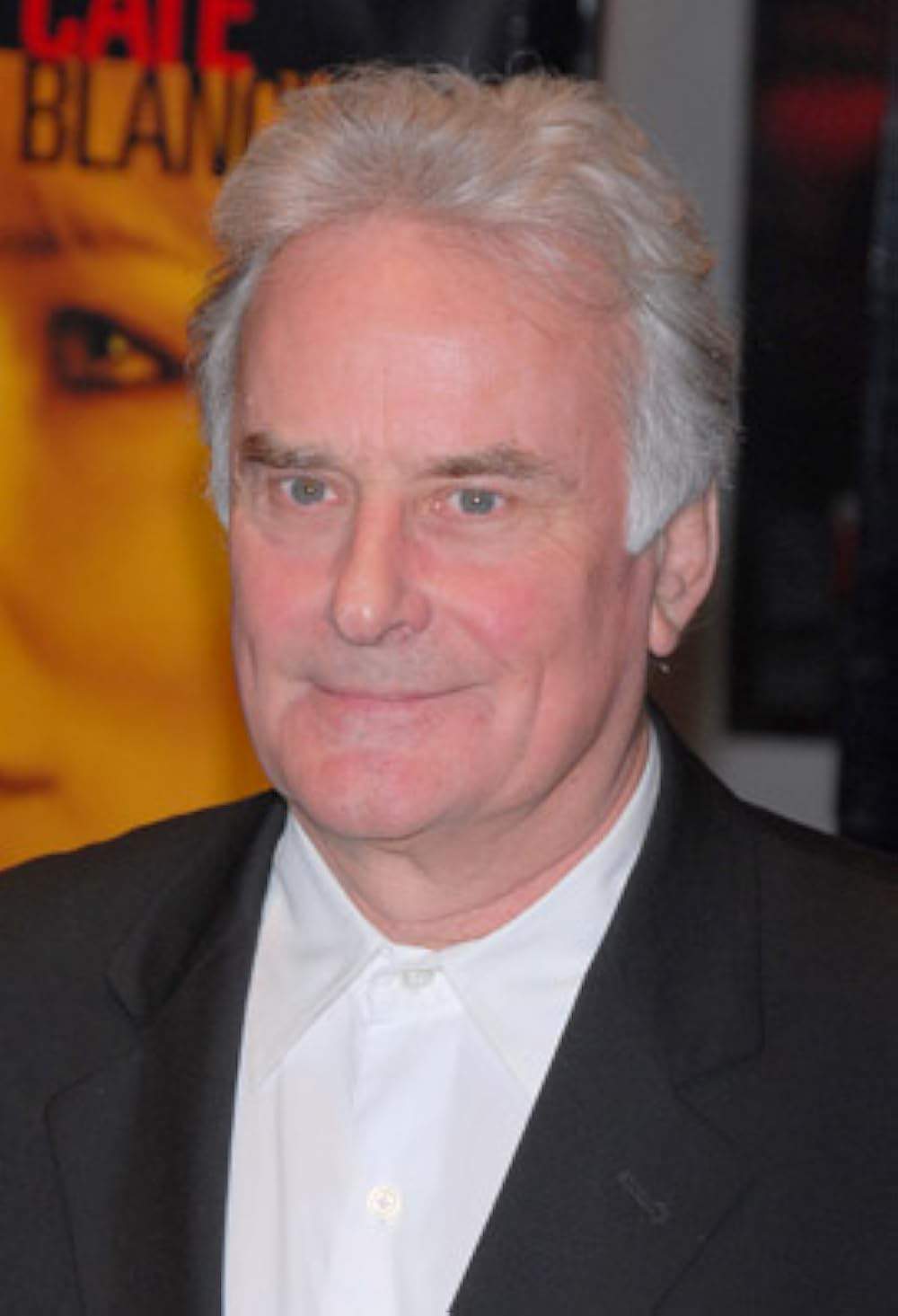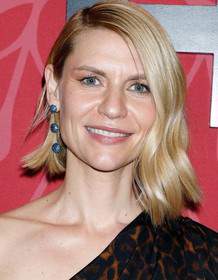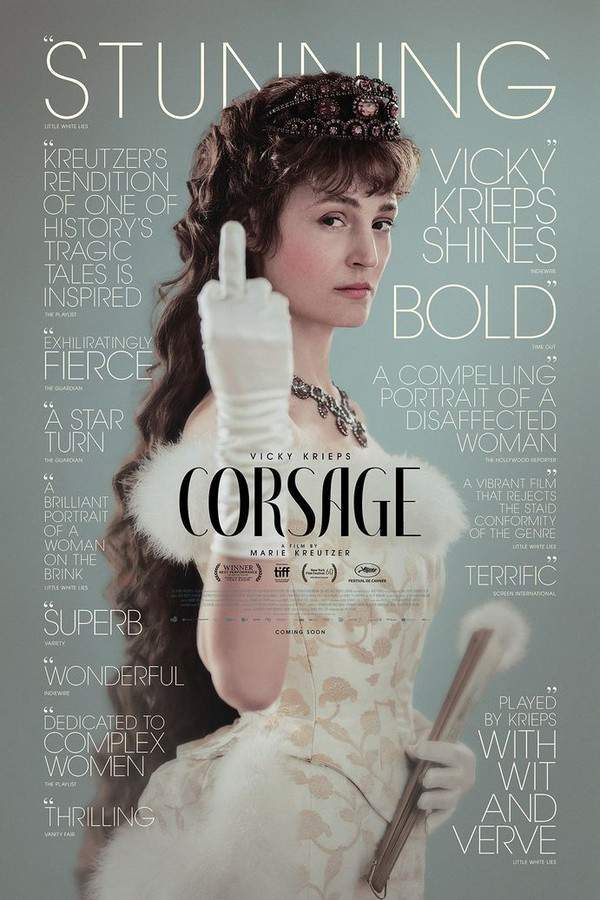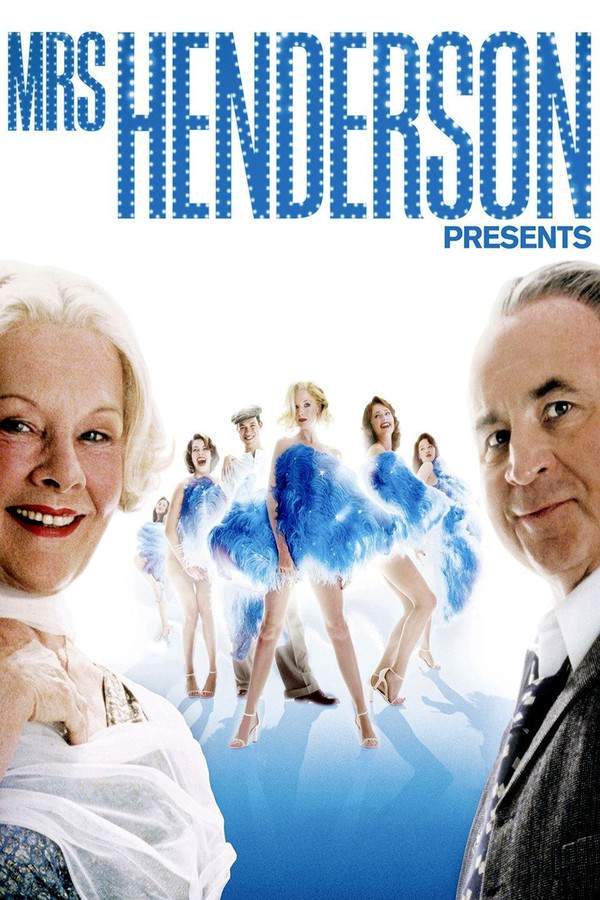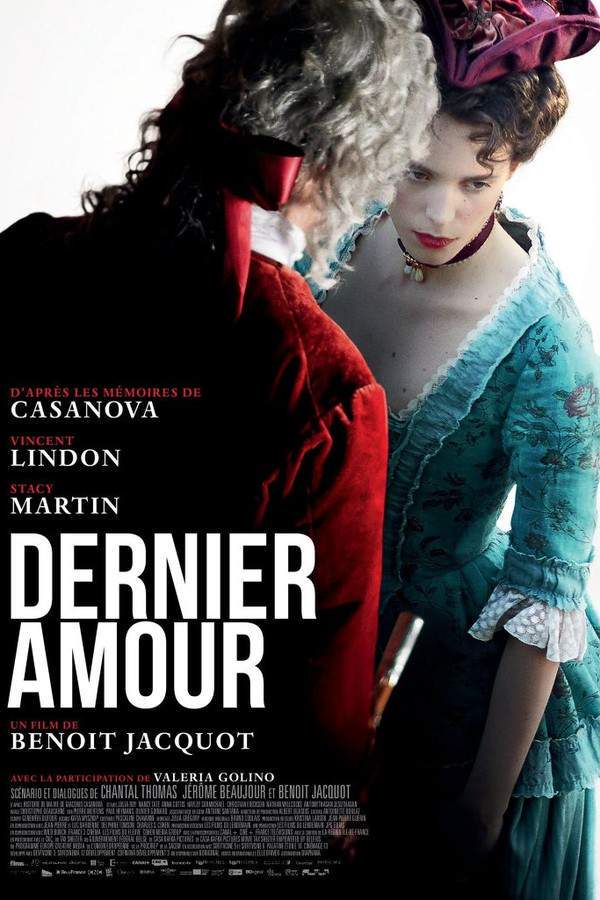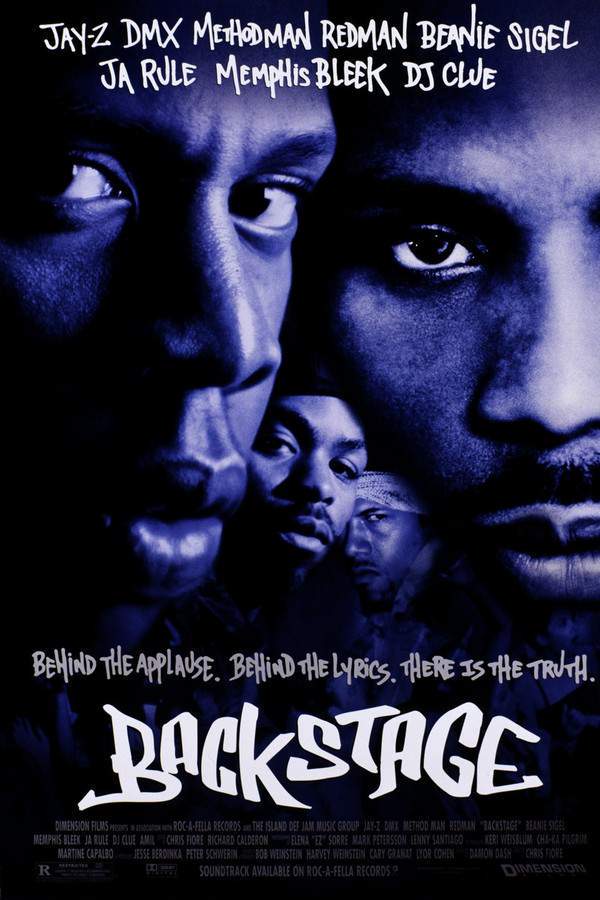Stage Beauty 2004
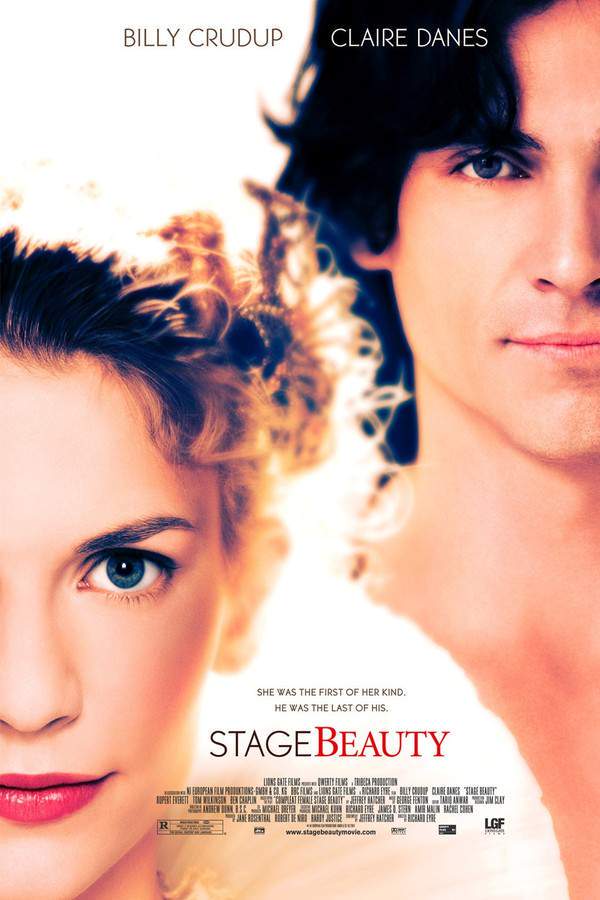
During the 17th century in London, Ned Kynaston achieves stardom thanks to Maria's exceptional ability to craft convincing female characters, though she remains hidden and constrained by the conventions of the time. When royal patronage alters the landscape of the theatre, Maria resolves to step out of the shadows and claim her place on stage, seeking help from the rising star she mentored as they both confront a changing world of theatrical possibilities.
Does Stage Beauty have end credit scenes?
No!
Stage Beauty does not have end credit scenes. You can leave when the credits roll.
Meet the Full Cast and Actors of Stage Beauty
Explore the complete cast of Stage Beauty, including both lead and supporting actors. Learn who plays each character, discover their past roles and achievements, and find out what makes this ensemble cast stand out in the world of film and television.
External Links and Streaming Options
Discover where to watch Stage Beauty online, including streaming platforms, rental options, and official sources. Compare reviews, ratings, and in-depth movie information across sites like IMDb, TMDb, Wikipedia or Rotten Tomatoes.
Ratings and Reviews for Stage Beauty
See how Stage Beauty is rated across major platforms like IMDb, Metacritic, and TMDb. Compare audience scores and critic reviews to understand where Stage Beauty stands among top-rated movies in its genre.

64
Metascore
8.1
User Score


%
TOMATOMETER

0%
User Score

7.1 /10
IMDb Rating

67
%
User Score
Take the Ultimate Stage Beauty Movie Quiz
Challenge your knowledge of Stage Beauty with this fun and interactive movie quiz. Test yourself on key plot points, iconic characters, hidden details, and memorable moments to see how well you really know the film.
Stage Beauty Quiz: Test your knowledge on the film 'Stage Beauty' and its themes surrounding gender and performance.
Who plays the character Ned Kynaston?
Billy Crudup
Richard Griffiths
Rupert Everett
Ben Chaplin
Show hint
Full Plot Summary and Ending Explained for Stage Beauty
Read the complete plot summary of Stage Beauty, including all major events, twists, and the full ending explained in detail. Explore key characters, themes, hidden meanings, and everything you need to understand the story from beginning to end.
As the celebrated actor Ned Kynaston (played by Billy Crudup), renowned for his mesmerizing portrayals of female roles, including the legendary Desdemona in Othello, grapples with fading fame, his devoted dresser Maria (portrayed by Claire Danes) secretly harbors a burning passion for the stage. Regrettably, her ambitions are curtailed by an oppressive law that forbids women from acting in theatrical performances. Undeterred by the societal constraints, Maria adopts the persona of Margaret Hughes, capturing the hearts of audiences at a local tavern, where her unique presence as a female performer breaks the mold.
Maria’s talent soon draws the attention of Sir Charles Sedley (Richard Griffiths), who becomes her patron and introduces her to King Charles II (Rupert Everett), further solidifying her ascent in the theatrical realm. Meanwhile, Nell Gwynn (Zoë Tapper), a budding actress and the King’s mistress, orchestrates a scandalous plot to ban men from portraying female characters on stage. The fallout from this decree leaves Kynaston reeling, stripping him of his ability to embody the very roles that once brought him acclaim.
In the midst of his plummeting status, Kynaston faces a harsh revelation when his lover George Villiers (Ben Chaplin), the Duke of Buckingham, expresses a lack of interest in maintaining a same-sex relationship, leading to whispers that damage Kynaston’s reputation. While he is relegated to performing risqué numbers in drag at music halls, Maria’s star is on the rise as she continues to shatter boundaries, although she feels the gap between her own talent and Kynaston’s, whom she perceives as not having fought with the same tenacity as a woman would.
When the moment arises for Maria to perform before the King, nerves take hold, prompting her friends to seek Kynaston’s mentorship. In an unexpected twist, he agrees to mentor her in hopes of reigniting his stagnant career, provided that he can step in for Thomas Betterton as Othello. As Maria’s brilliance stands out increasingly on the stage, Kynaston embarks on a quest to reclaim his once-coveted position in the theatre world, setting off a chain of events that intertwines their fates in ways neither could have anticipated.
Uncover the Details: Timeline, Characters, Themes, and Beyond!

Coming soon on iOS and Android
The Plot Explained Mobile App
From blockbusters to hidden gems — dive into movie stories anytime, anywhere. Save your favorites, discover plots faster, and never miss a twist again.
Sign up to be the first to know when we launch. Your email stays private — always.
Watch Trailers, Clips & Behind-the-Scenes for Stage Beauty
Watch official trailers, exclusive clips, cast interviews, and behind-the-scenes footage from Stage Beauty. Dive deeper into the making of the film, its standout moments, and key production insights.
Cars Featured in Stage Beauty
Explore all cars featured in Stage Beauty, including their makes, models, scenes they appear in, and their significance to the plot. A must-read for car enthusiasts and movie buffs alike.
Stage Beauty Themes and Keywords
Discover the central themes, ideas, and keywords that define the movie’s story, tone, and message. Analyze the film’s deeper meanings, genre influences, and recurring concepts.
Stage Beauty Other Names and Titles
Explore the various alternative titles, translations, and other names used for Stage Beauty across different regions and languages. Understand how the film is marketed and recognized worldwide.
Similar Movies To Stage Beauty You Should Know About
Browse a curated list of movies similar in genre, tone, characters, or story structure. Discover new titles like the one you're watching, perfect for fans of related plots, vibes, or cinematic styles.
Quick Links: Summary, Cast, Ratings, More

What's After the Movie?
Not sure whether to stay after the credits? Find out!
Explore Our Movie Platform
New Movie Releases (2025)
Famous Movie Actors
Top Film Production Studios
Movie Plot Summaries & Endings
Major Movie Awards & Winners
Best Concert Films & Music Documentaries
Movie Collections and Curated Lists
© 2025 What's After the Movie. All rights reserved.



